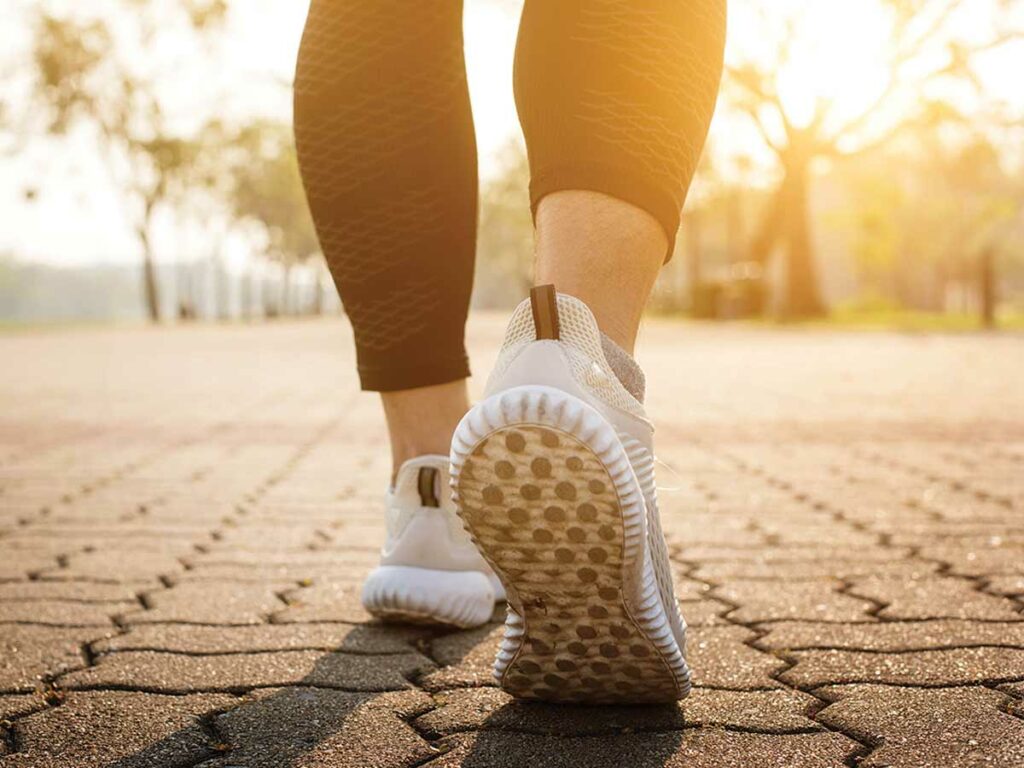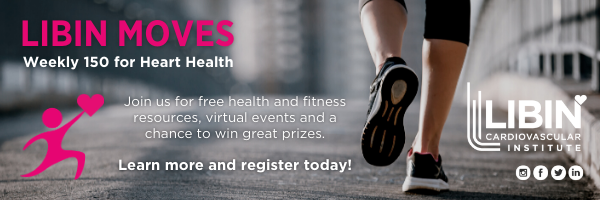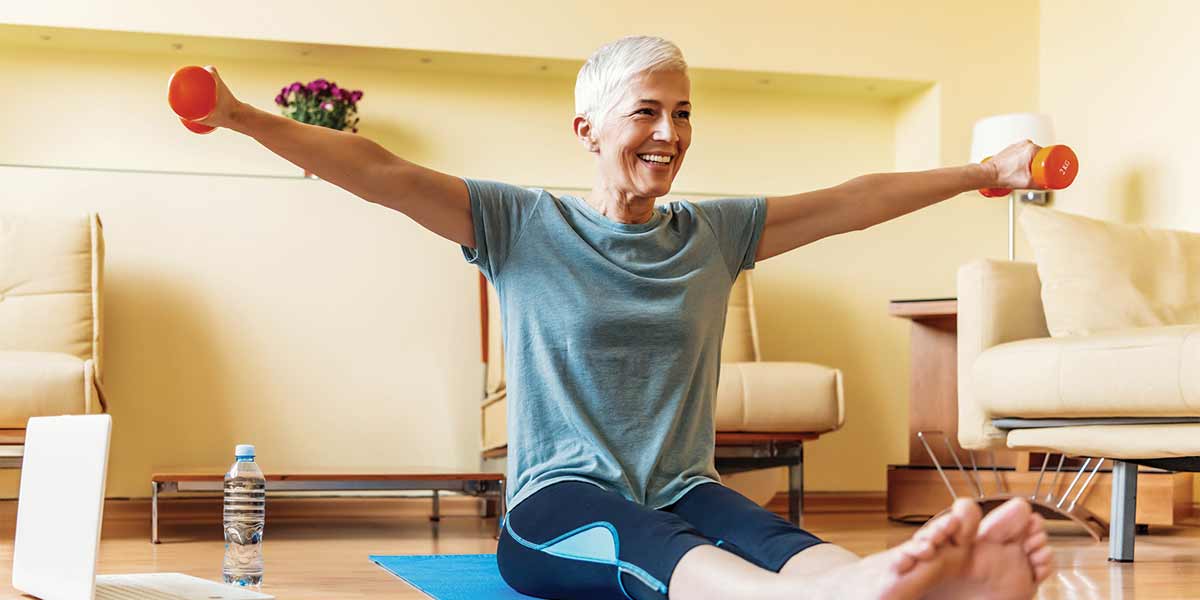It’s common knowledge that physical activity is beneficial to health, but the latest science reveals it may be the proverbial fountain of youth.
Dr. Marc Poulin, PhD, who leads a research lab at the University of Calgary that studies the impact of physical activity on the brain and cardiovascular system, says physical activity is one of the best investments one can make into their health.
“A colleague’s daughter put it well when she said, ‘everything that declines in connection with ageing gets better with exercise,” says Poulin.
Those benefits aren’t just the obvious, like helping people manage their weight and improve their heart and lung function. According to Poulin, physical activity helps decrease stress, improve mood and sleep and even helps with thinking and memory skills in older adults.
Even the ancients viewed exercise as critical. Hippocrates himself prescribed exercise to improve health.
“The realization that exercise is good is a very old concept, but now that we are living a much more sedentary lifestyle, we need to find ways to get more exercise,” says Poulin.
According to Poulin, getting away from sedentary behaviour is the key. Research published in the Lancet shows that sitting eight hours a day doubles the risk of dying from all causes. Breaking up periods of sedentary behaviour by simply moving can go a long way to fighting these effects.
The new Canadian 24-hour Movement Guidelines provide recommendations on sleep, periods of sedentary behaviour and physical activity for all ages of Canadians. Based on these recommendations, the Libin Cardiovascular Institute, an entity of both Alberta Health Services and the University of Calgary, created its Libin Moves initiative with the goal of encouraging Canadians to engage in a minimum of 150 minutes of moderate to vigorous activity weekly.
Libin Moves offers free resources, such as live and pre-recorded fitness and nutrition classes, fitness tracking software and incentives – including prize draws- to inspire people to move more – ideally a minimum 150 minutes of moderate to vigorous activity weekly.
“Our goal is to inspire individuals to take charge of their own health through the Libin Moves initiative,” says Dr. Paul Fedak, MD, PhD, director of the Libin Cardiovascular Institute. “We hope you join us at libinmoves.ca as we move to improve our heart and overall health.”
Courtney Ellis, an exercise physiologist and research specialist at the Cumming School of Medicine, is also excited about the new Guidelines, explaining they encourage people to increase their movement on their own terms.
Making changes to improve your health can be as simple as getting up from your desk every 20-30 minutes to do a few stretches, climb your stairs or do some household chores.
Courtney Ellis
“Just try to give yourself that break from sitting,” she says.
Ellis also appreciates the fact that the Guidelines point out that exercise sessions don’t have to be long or intense to be beneficial. The 150 minutes of weekly exercise can be reached in bouts of under 10 minutes, making the minimum recommendation doable for all fitness levels.
“Try to get away from thinking, ‘I have to do this and it has to be this length and intensity,’” says Ellis. “Every little bit helps.”
Staying motivated can be a challenge but developing a routine and setting goals can make a huge difference when it comes to exercise. Using software to help you set fitness goals and log minutes of activity, such as Go Get Fit, which was developed by a local physician and is available for free as part of the Libin Moves initiative, may help keep you motivated.
There are also options for getting active at home, with no additional fitness equipment needed.
“For older adults, heel-to-toe walking using a wall or railing for support can improve balance. Even getting up and sitting down several times can be of great benefit to an individual’s balance and lower body strength,” says Ellis.

Accountability can also help form healthy habits.
“We learned from our research that people who exercised together feel accountable,” says Poulin. “Exercising with a buddy can be quite beneficial.”
Ellis agrees and encourages individuals to get creative with virtual fitness classes and challenges with friends and family when exercising with others isn’t an option.
Poulin and Ellis both agree it’s never too late to start improving your health through physical activity.
Ellis has worked with numerous older adults with cognitive impairments from conditions like Parkinson’s disease, stroke or dementia and explains there are plenty of gains to be made through aerobic exercise when it comes to mobility, balance and mood.
Poulin couldn’t agree more.
“It’s never too late to start,” he says. “An old adage says one of the big benefits of exercise is that it adds life to your years. In terms of increasing quality of life, physical activity is one of the better investments that anyone can make.”

















